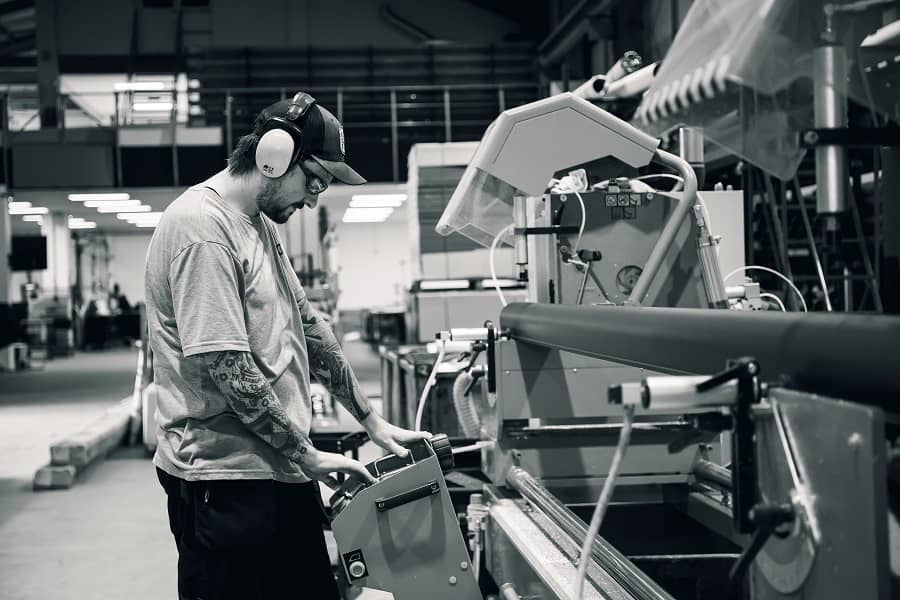16% decline in suspended ceilings and partitioning market due to Covid-19

The UK suspended ceilings and partitioning systems market was worth an estimated £283m in 2020, having declined by an estimated 16% due to the impact of the pandemic.
The overall market for suspended ceiling and partitioning products is relatively mature and primarily dependent on construction and refurbishment activity in the non-domestic sector, particularly offices, education, retail, entertainment & leisure, and health.
Suspended ceilings are typically installed towards the end of a construction project and partitions are generally fitted upon tenant occupation, so there is a delayed impact compared to changes in construction levels. The market experienced growth to 2018 and was relatively static in 2019, before declining significantly in 2020, primarily due to the impact of the Covid-19 pandemic.
Following the initial lockdown, construction levels recovered throughout 2020 and have continued into 2021 as government guidance indicated that the manufacturing and construction sectors could continue to work.
This led to an improvement in market performance improve with growth forecast for the year to 31 December 2021.
During 2020, the pandemic significantly impacted market growth levels, particularly during the first national lockdown from mid-March. At the peak impact of the Covid-19 lockdown measures in the Q2 2020 many working sites were closed although some activity resumed relatively with the easing of lockdown. Despite the implementation of social distancing measures, overall construction and RMI output grew during H2 2020. For the year, however, it is estimated that the suspended ceilings and partitions market fell by around 16% in 2020.
Perhaps one of the most significant developments due to the 2020 lockdowns was the change in working patterns, with people working from home where possible. Any permanent shift in where and how people work is likely to have a lasting impact on the market. The office sector was changing prior to the pandemic but faster adoption of more flexible patterns may accelerate this movement further. Construction in the office sector has fluctuated since 2016, being on a downward trajectory overall. Many companies are reviewing their need and use for office space. Recently ministers have said they want to consider proposals for giving office staff a ‘default’ right to work from home. However, there are concerns by some that this would allow companies to employ workers from abroad, which may impact employment levels in the UK.
Alex Blagden, Senior Research Analyst at AMA Research, comments: “One of the key factors expected to impact on future demand for suspended ceilings and partitioning is the current change in working practices in offices, largely brought about by the pandemic. While some employers have been encouraging staff to return to the office in 2021, others have – including some major employers – have permanently closed many of their offices and/or changed working practices to full-time or part-time remote working.”
Due to the current high number of offices that are vacant or with lower density occupation office blocks, combined with uncertainty among investors, speculative office construction activity has fallen. However, Since Q3 2020 in London there has been a marked increase in starts, with more than half being major refurbishments and the remainder mostly pre-let newbuilds. Refurbishment has centred on reformatting offices to make them both more ’eco friendly’ and more Covid-19 secure. Across the UK, it is likely this is being replicated, so generating requirements for partitioning in open plan spaces and hygienic suspended ceiling tiles.
Prospects for the suspended ceilings and partitions market into the medium-term are relatively optimistic with forecast growth to around £335m by 2025. Prospects for the short term remain challenging as construction output growth rates fell in 2020, feeding through to reduced demand for suspended ceilings and partitions.




















